“I think that the best thing that anybody can do for another person is to uplift their spirit.” – Maya Angelou
There are many benefits to growing plants indoors, including improving air quality, providing a natural source of light, and adding beauty to your home.
One of the most important benefits of growing plants indoors is that they can help improve the air quality in your home. Plants act as natural air purifiers, removing harmful toxins and pollutants from the air. This can help to improve your overall health, as well as reduce allergies and asthma symptoms.
In addition to improving air quality, plants also provide a natural source of light. Firstly, it can help to reduce your energy bill by providing natural light during the day. It can also improve your mood and mental health by providing a natural source of light during the winter months when there is less sunlight.
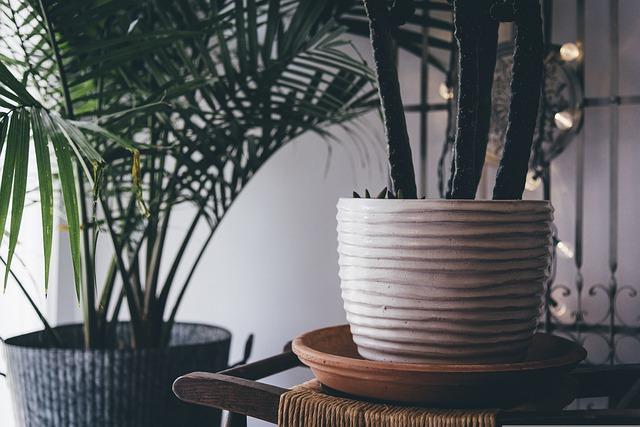
Finally, growing plants indoors can simply add beauty to your home. There are a wide variety of plants that can be grown indoors, so you can choose the ones that best fit your personal style. Plants can also help to create a more relaxing and peaceful atmosphere in your home.
The Benefits Of Indoor Plants
Indoor plants are not only aesthetically pleasing, but they offer a plethora of benefits for your health.
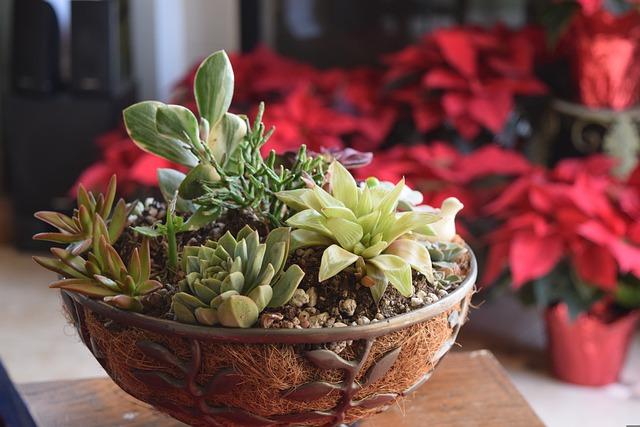
Here are five reasons why you should consider adding some plants to your home:
1. Plants Improve Air Quality
One of the most important benefits of indoor plants is that they help to improve the air quality in your home. Plants act as natural air purifiers, absorbing harmful toxins and pollutants from the air and releasing clean, oxygen-rich air. It’ll improve your respiratory health, as well as reduce the effects of conditions like asthma and allergies.
2. Plants Boost Your Mood
Another great benefit of indoor plants is that they can boost your mood and improve your overall sense of well-being. Studies have shown that being around plants can help to reduce stress and anxiety levels, and can even increase productivity and focus.
So if you’re looking for a way to boost your mood, adding some plants to your home or office is a great option.
3. Plants Help You Sleep Better
If you’re having trouble sleeping, indoor plants may be able to help. Plants can help to reduce levels of noise and light pollution, and can also help to regulate the temperature in your bedroom.
All of these factors can create a more conducive environment for sleep. In addition, the presence of plants has been shown to reduce stress levels, which can also help you to sleep better.
4. Plants Improve Your Concentration
Having indoor plants around you is a great way to improve concentration and productivity. Studies have shown that being around plants can increase cognitive function and memory recall.
5. Plants Enhance Your Homes Aesthetics
In addition to all of the health benefits they offer, indoor plants can also enhance the aesthetics of your home. Plants can add color, texture, and life to any room, and can help to create a more inviting and pleasant environment.
The Benefits Of Resilient Growing Plants
- Resilient plants are those that can withstand harsh conditions and still thrive. This makes them ideal for growing in places with difficult climates.
- These plants are often very hardy, meaning they can survive in a wide range of conditions. This makes them perfect for growing in areas that experience extreme weather conditions.
- Resilient plants usually have deep root systems that help them to access water and nutrients deep in the soil. This helps them to survive during periods of drought.
- These plants often have thick leaves or waxy coatings that help to protect them from strong winds and intense sunlight.
- They are often able to self-regulate their water intake, meaning they can survive in both wet and dry conditions.
Resilient Growing Plants For Beginners
Resilient plants are those that are able to withstand various environmental conditions and still thrive. If you are a beginner when it comes to growing plants, you may want to consider choosing resilient plants. Here are five benefits of growing resilient plants:
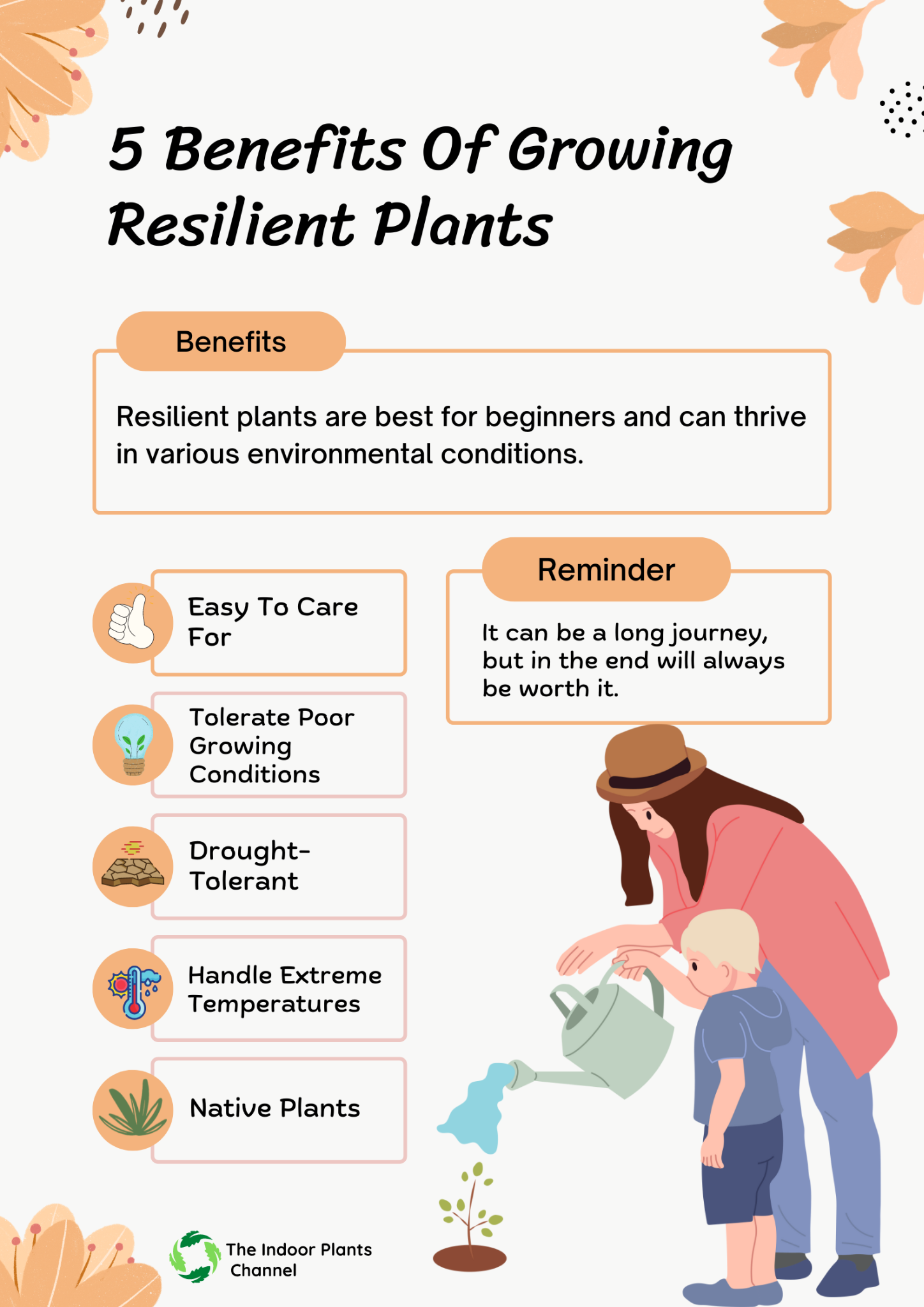
1. Resilient plants are easy to care for.
Since they can tolerate a range of conditions, you don’t have to be as careful with them as you would with other plants. This makes them ideal for beginners who may not have a lot of experience with plant care.
2. Resilient plants are tolerant of poor growing conditions.
If you don’t have ideal growing conditions in your home or garden, resilient plants will still do well. This is because they are used to growing in less-than-ideal conditions.
3. Resilient plants are often drought tolerant.
In case you live in an area with low rainfall, or you tend to forget to water your plants, resilient plants are a good choice. This is because they can withstand periods of drought without needing a lot of water.
4. Resilient plants can handle extreme temperatures.
If you live in an area with extreme temperatures, either hot or cold, resilient plants will be able to handle it. This is because they are used to growing in extreme conditions.
5. Resilient plants are often native plants.
If you are looking for plants that are good for the environment, resilient plants are a good choice. They’re often native plants, which means they are adapted to the local conditions and don’t require a lot of resources to grow.
The Different Types Of Resilient Growing Plants
There are many different types of resilient growing plants. Some are better at handling cold temperatures, some can withstand drought conditions, and others can tolerate poor soil conditions.
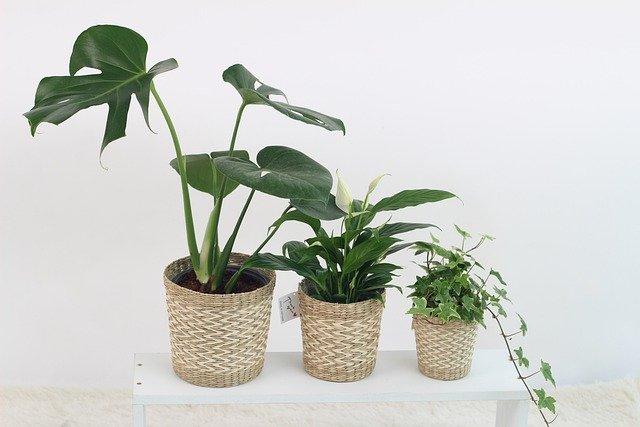
Some of the most common resilient plants include:
- Perennials – Perennials are plants that live for more than two years. They are very resilient and can tolerate a wide range of conditions.
- Annuals – Annuals are plants that only live for one growing season. They are very resilient and can tolerate a wide range of conditions.
- Bulbs – Bulbs are plants that have a thickened, fleshy root system. They are very resilient and can tolerate a wide range of conditions.
- Trees – Trees are very resilient and can tolerate a wide range of conditions.
- Shrubs – Shrubs are very resilient and can tolerate a wide range of conditions.
Indoor Plants For Beginners
Looking for a plant that’s easy to care for? There are plenty of options to choose from. Here are some of the best indoor plants for beginners:
1. Snake Plant

Snake plants are known for being tough and resilient, making them a great choice for beginners. They can tolerate a wide range of conditions, including low light and periods of drought. Snake plants are also known for being low-maintenance, so you won’t have to worry about them too much. They also purify the air and remove toxins.
2. Spider Plant

Spider plants are another easy-to-care-for option, and they’re also great for beginners. They’re tolerant of a wide range of conditions and can even thrive in low light.
3. Peace Lily
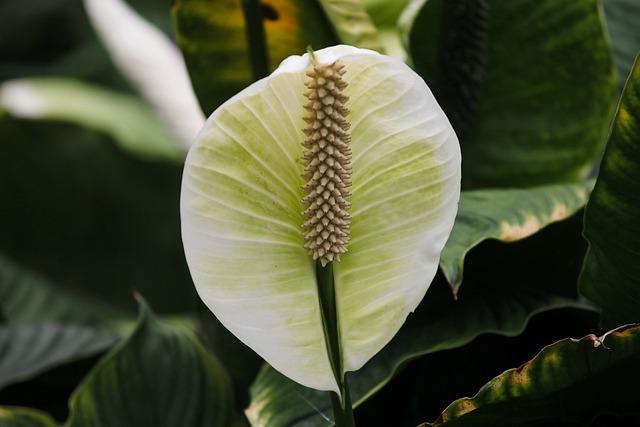
Peace lilies are a beautiful option for indoor plants, and they’re also relatively easy to care for. They prefer moderate to bright indirect light and will thrive in a humid environment.
4. Philodendron

Philodendrons are a great choice for indoor plants, as they’re easy to care for and can tolerate a wide range of conditions. Likewise, they act as air purifiers.
5. Pothos
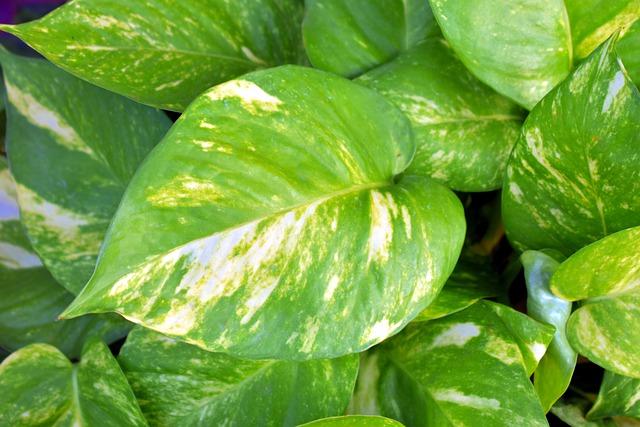
Pothos is a great choice for beginners, as they’re easy to care for and can tolerate a wide range of conditions.
How To Care For Resilient Growing Plants
Assuming you already have your plants, here are some tips on how to care for them so they continue to grow resiliently:
1. Make sure they have enough light.
Resilient plants need at least six hours of sunlight a day, so if you’re growing them indoors, place them near a window.
2. Give them the right amount of water.
Water your plants when the soil is dry to the touch, but don’t overwater them too much water can actually be harmful.
3. Don’t forget to fertilize.
Resilient plants need nutrients to grow, so fertilize them every few weeks with a water-soluble fertilizer.
4. Prune them as needed.
Resilient plants can get pretty big, so prune them back as necessary to keep them under control.
5. Watch for pests and diseases.
Take action immediately if you see any pests or diseases on your plants.
By following these tips, you can help your resilient plants grow strong and healthy.
Bonus Tip
- Place the indoor plant in a sunny spot.
- Water the plant regularly.
- Fertilize the plant every few weeks.
- Prune the plant regularly to encourage new growth.
- Additionally, it is important to protect them from pests and diseases.
Frequently Asked Questions
- What are the benefits of resilient growing plants?
Resilient growing plants have many benefits, including the ability to improve air quality, increase humidity, and purify water. They can also help to boost your mood and create a more relaxing environment.
- How do resilient growing plants improve air quality?
Resilient growing plants help to improve air quality by absorbing harmful gases and toxins. They then release clean, oxygen-rich air into the environment.
- How do resilient growing plants increase humidity?
Resilient growing plants release water vapor into the air, which increases humidity levels. This can be beneficial for people suffering from dry skin or respiratory problems.
- How do resilient growing plants purify water?
Resilient growing plants help to purify water by removing harmful chemicals and toxins. This process is known as phytoremediation.
- What other benefits do resilient growing plants offer?
These plants can also help to boost your mood and create a more relaxing environment. They can also help to reduce stress levels and promote a sense of well-being.
Conclusion
Resilient houseplants add a touch of green to your space. Not only that, but they also come with a host of benefits. Some of them include improving your indoor air quality, promoting focus and concentration, serving as mood boosters, etc.
We’ve compiled some indoor plants that’ll suit beginners. Check them out and let us know your thoughts.
Michelle Wilde
Related posts
2 Comments
Leave a Reply Cancel reply
![]()
About Michelle Wilde
Michelle Wilde is a stay-at-home mom and avid plant lover. Armed with a post-graduate degree in Computer Science (no kidding!), she loves researching plants and landscapes. When she is not caring for her 4 kids, she spends time on her passion for plants. She blogs at www.indoorplantschannel.com, the trusted source for indoor plants.
Learn more
Subscribe
* You will receive the latest posts and updates about indoor plants!
Search
Recent Posts
Categories
- Beginner Guides (10)
- FAQ (206)
- General (2)
- How-To Guides (212)
- Indoor Plants (214)
- Pest Management (2)
- Plant Problem Solutions (4)
- Seasonal Growing (2)
- Specialized Environments (2)
- Specific Plant Care (3)
- Technical Growing (2)
[…] benefits of planting resilient flowers and plants […]
[…] are many benefits to growing resilient […]